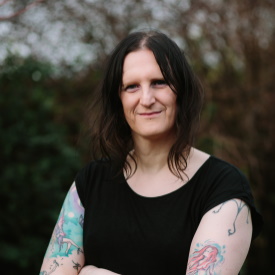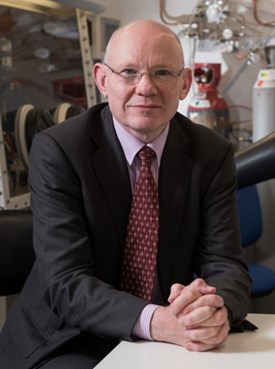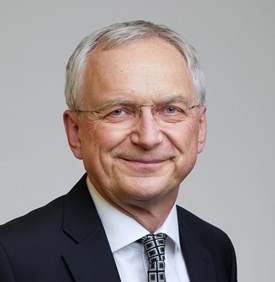In 2017, the Royal Society launched a fully-funded Science Policy Secondment scheme offering its Research Fellows the opportunity to gain policy experience at the heart of government

When I started my time at the Foreign and Commonwealth Office I was unsure what to expect; the civil service had always been a somewhat mysterious entity to me, so I was filled with excitement and a sense of discovery as I started my secondment. What I found was an amazing place filled with amazing people, and it was refreshing to venture from academia to explore this new environment.
I joined the Economic Diplomacy Directorate at the Foreign and Commonwealth Office (FCO) in February, and worked on a wide variety of projects in their Global Economic Issues team. This involved organising meetings, attending workshops, writing and reading policy documents. There are too many activities to list them all but some highlights include organising a meeting for all the UK Pro-Vice Chancellors, attending a meeting at the EU Joint Research Centre in Italy, and working with colleagues in the Department for Digital, Culture, Media and Sport on digital policy.
My immediate impressions were that the work was incredibly serious, collegiate and diverse and these impressions have been borne out over my time there. The work is serious in the sense that actions and decisions really do change the world and affect people’s lives, and that this feeds into a level of scrutiny, process and protocol that I have found deeply impressive. The work is collegiate in that there is a common purpose, people work in teams, and work together for collective achievement, without the overarching objective of personal reward – I reflect that the publishing culture in academia causes more egocentric behaviour that I have not found in the civil service. The work and teams are incredibly diverse, for example I found myself working with historians, scientists from other fields, humanitarians and political experts for the first time; this leads to a diversity of thought and experience that can sometimes be missing from academia, where we tend to work almost exclusively with other academics in our own fields. One striking example I found was the realisation that a complex modern day problem had a 17th century analogy.
As a lecturer in astrophysics, machine learning/AI, and systems engineering I found that all the skills I had acquired during my time as a scientist, both quantitative and qualitative, are of use in the policy making world. In particular I was struck by the utility of a systems engineering or systems thinking approach – working from predefined objectives through structured sets of connected requirements – to diverse sets of problems.
In conclusion my experience has utterly changed both my view of the civil service, government, and academia – all for the good.






